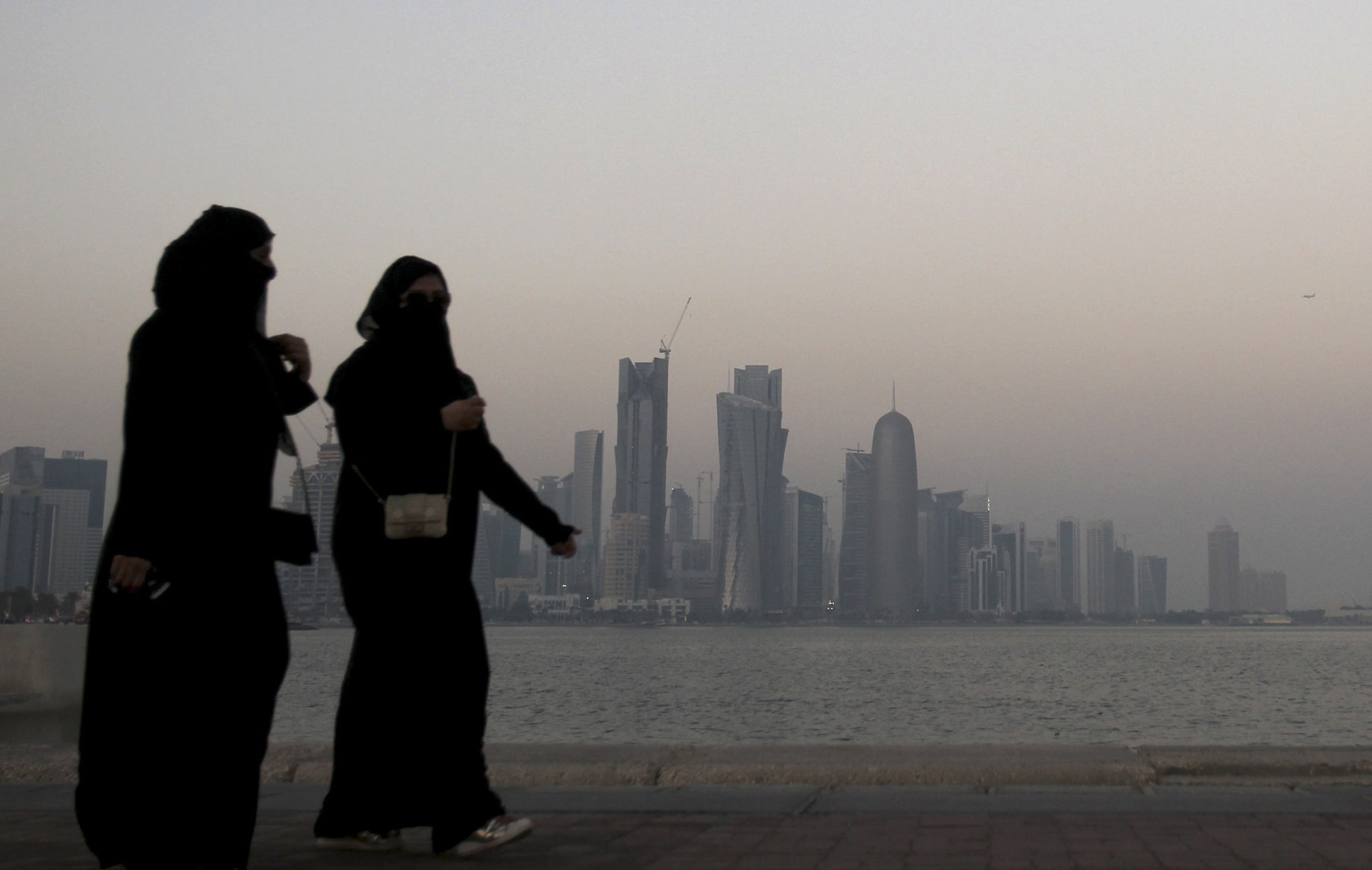Qatar's leading English independent news publication reports that its Qatar readers can no longer access its site, a development that could prove to be a fatal blow to free expression in the Gulf nation.
This statement was originally published on adhrb.org on 5 December 2016.
On 30 November, Qatar’s leading English independent news publication, Doha News, reported that its users in Qatar could not access its site online or on mobile phones. Americans for Democracy & Human Rights in Bahrain (ADHRB) is deeply concerned by this alleged act of censorship by the Qatari government, which constitutes an assault on media freedom in the country.
Access to Doha News was blocked by Qatar’s two internet service providers, Oredoo and Vodophone, simultaneously on Wednesday. Only users with a virtual private network (VPN) or unfiltered corporate internet could access the site within Qatar. The publication launched a second domain following the restriction, but the authorities blocked it shortly after its creation.
“If the Qatari authorities are responsible for this restriction, this move is a significant breach on freedom of the press in the country,” said ADHRB Executive Director Husain Abdulla. “The authorities should reverse these restrictions immediately and ensure the fundamental right to free expression and the press.”
Doha News has operated in Qatar for eight years and is the only independent news outlet in the country. The publication has reported on topics deemed highly controversial and sensitive to the government, including homosexuality and the treatment of migrant workers. In August, the newspaper published an anonymous editorial from a gay Qatari man that invited criticism from Qataris, and published its first editorial decrying the country’s cybercrime legislation in October.
Although Qatar is home to the Doha Centre for Media Freedom and the prominent Al Jazeera news network, there is little to no freedom of the press. A 2014 cybercrimes law endangers freedom of expression, as criticism of the government and Islam is punishable with jail time. The law prescribes up to three years in prison and a fine of 500,000 Qatari riyals ($137,294 USD) for creating and managing a website to “spread false news,” and up to one year in prison and a fine of 100,000 Qatari riyals ($27,458 USD) for publishing content related to the personal or family life of individuals and content that violates “social values and principles.” The law, however, fails to define the meaning of these terms. The law further requires internet service providers to “block any websites or links when asked by judicial entities.”
According to Freedom House’s 2016 Freedom of the Press report, journalists and media professionals in Qatar are subject to severe restrictions as “the overall landscape encourages a high level of self-censorship.” Foreign journalists have also been subjected to harassment for their reportage. In May 2015, a team of journalists from BBC were arrested for reporting on the treatment of migrant workers building the 2022 FIFA World Cup stadiums. A group of Danish journalists were detained and subjected to similar abuse after filming in a labor camp in May of this year.
ADHRB calls on the Government of Qatar to restore full public access to all news outlets in Qatar, and to lift all restrictions on free and independent press. We further call on Qatar to amend the cybercrimes law and penal code in line with international human rights standards.



